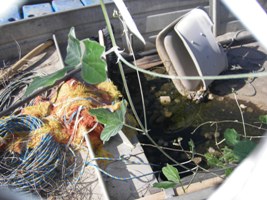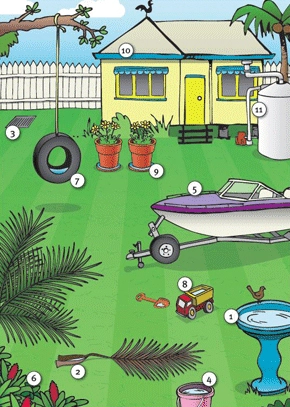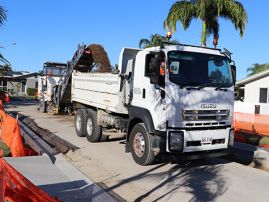Your Responsibility as a Resident
Council has a program for controlling mosquito breeding on state and Council owned land, but residents and businesses must take measures to ensure that mosquito breeding does not take place in their backyards.
Mosquitoes breed in anything that is likely to hold water, so by removing pools of waste water around your home you can prevent mosquitoes from breeding.
Checklists
The checklists below suggest measures you can take to ensure that your backyard is not breeding mosquitoes.
The responsibility of controlling mosquitoes at your home lies with you.
Mosquito Repellent Plants
Did you know some plants and herbs grown in many gardens have the potential to repel mossies? Try these suggested plants to see if they work:
For more information, please contact the Environmental Health and Regulatory Services Team on 13 48 10.







